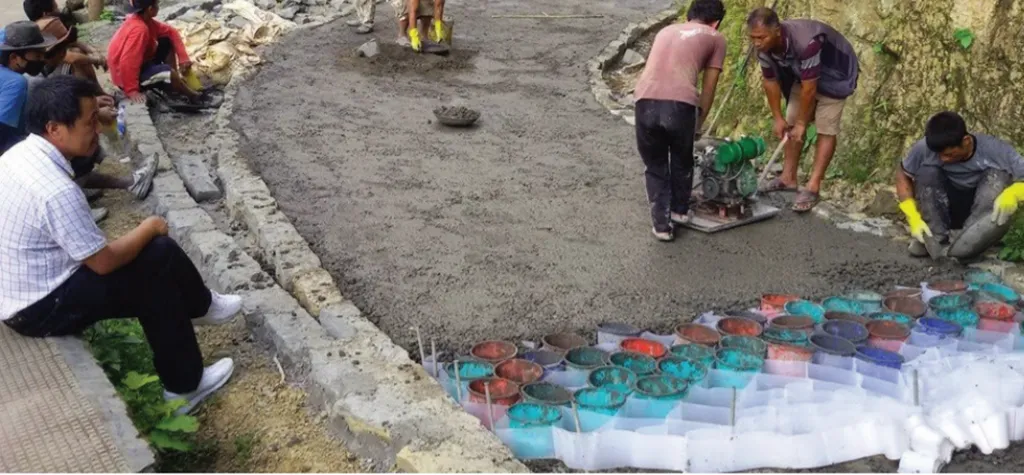In the heart of Pakistan, a nation rich in natural resources but grappling with their depletion, a novel solution to a mounting problem is emerging from the labs of NED University of Engineering and Technology. Ifrah Asif, a researcher at the university, is spearheading a project that could revolutionize the road construction industry and tackle the country’s plastic waste crisis simultaneously. Her research, published in the journal ‘Memoria Investigaciones en Ingeniería’ (translated as ‘Memory of Research in Engineering’), explores the potential of waste polyethylene terephthalate (PET) bottles in enhancing the durability and stability of bitumen roads.
Pakistan generates a staggering 3.3 million tons of plastic waste annually, a figure that mirrors a global trend. The disposal of this waste poses a significant challenge to urban areas worldwide, with environmental degradation looming if left unaddressed. Asif’s study proposes an innovative solution: repurposing this waste plastic in road construction.
The research involves mixing shredded plastic bottles with bitumen, the sticky, black, petroleum-based substance used to bind crushed stone and sand in road construction. Asif and her team experimented with different ratios of plastic to bitumen, ranging from 0% to 10%. They found that incorporating 8% plastic into the bitumen mixture significantly improved its properties. “The plastic modifier increases the density of the mixture, which enhances the structural performance of the asphalt pavement,” Asif explains.
The results were promising. Roads constructed with plastic-modified bitumen exhibited a lower flow value, indicating better stability. Moreover, the softening point of the bitumen increased, suggesting that these roads can withstand hot weather more effectively than traditional bitumen roads. This could be a game-changer for countries like Pakistan, where extreme temperatures can take a toll on road infrastructure.
The commercial implications for the energy sector are substantial. Asphalt, a byproduct of petroleum refining, is a significant energy-intensive product. By enhancing its durability with waste plastic, the energy sector could reduce the frequency of road repairs and maintenance, leading to substantial cost savings. Furthermore, this approach promotes a circular economy, where waste materials are repurposed, reducing the environmental impact of both the plastic and the energy sectors.
Asif’s research is not just about finding a use for waste plastic; it’s about transforming a problem into an opportunity. “This addition of plastic in bitumen will be a boon for Pakistan’s road industry,” she asserts. The study opens up new avenues for research and development in the field of road construction, with potential applications worldwide.
The findings published in ‘Memoria Investigaciones en Ingeniería’ could pave the way for future developments in the field, encouraging other researchers to explore the use of waste materials in construction. As the world grapples with the challenges of waste management and climate change, innovative solutions like Asif’s offer a glimmer of hope. Her work is a testament to the power of research and innovation in addressing global challenges and shaping a sustainable future.

